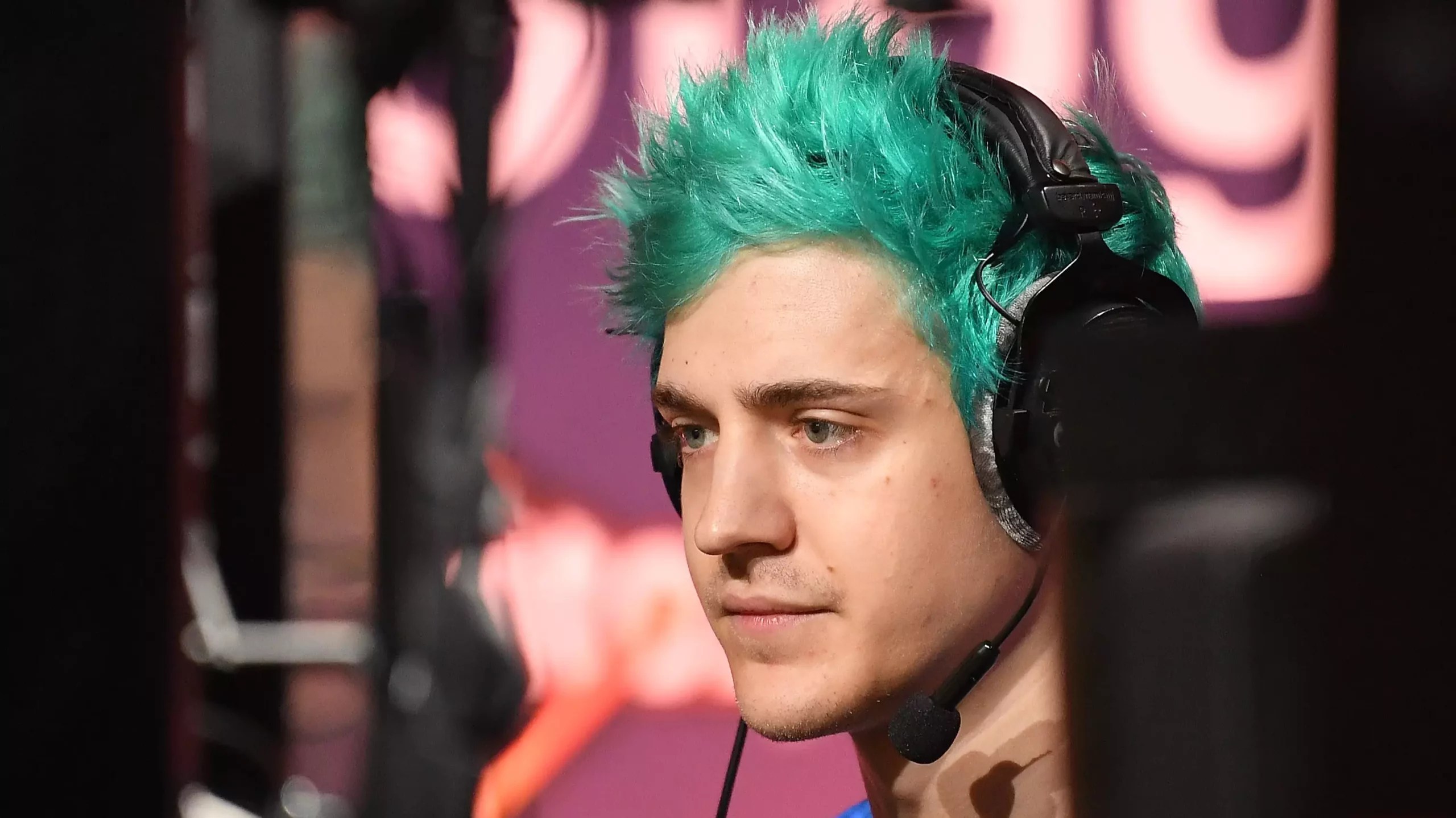Tyler “Ninja” Blevins is undeniably one of the most recognizable faces in the gaming universe. His meteoric rise in the streaming world transformed him from a relatively modest gamer into a household name, capturing headlines with record-breaking viewerships and high-profile collaborations. Yet beneath the veneer of success lies a personal journey marked by fluctuating confidence and emotional turbulence. His story reflects a profound truth about fame in the digital age—that the limelight is fleeting and the pressure immensely intense. Ninja’s early career, characterized by dedication and quiet persistence, was overshadowed by the explosive popularity of Fortnite in 2017/18. It was during this period that his influence skyrocketed, fueled not only by his gaming skills but by strategic collaborations with celebrities like Drake and Travis Scott. These moments transformed him into a cultural phenomenon, a definitive face of gaming for a generation.
However, mounting fame and expectations often come at a heavy emotional toll. The immense numbers—nearly 700,000 viewers at his peak—were more than just a barometer of success; they became a source of validation and pressure. When that limelight faded from its peak, Ninja experienced a reality check that starkly contrasted his initial fairy tale. The world of online streaming, glamorous as it appears, is riddled with negativity and relentless comparison. It’s easy to assume that the millions of followers and high-profile partnerships equate to happiness or fulfillment. Yet, Ninja’s recent reflections reveal that behind the scenes, the narrative is complex. The persistent feedback—particularly from online trolls—is a stark reminder of the emotional vulnerability faced by those in the public eye. His honesty about feeling the sting of declining views and internet criticism exemplifies how fame does not exempt individuals from insecurities and mental health struggles.
Courage in the Face of Adversity and Purpose-Driven Philanthropy
Despite the often gritty reality of the streaming landscape, Ninja’s commitment to meaningful causes demonstrates a core aspect of his character—resilience. His participation in a 24-hour charity stream to raise awareness for skin cancer detection underscores an important shift from mere entertainment to social responsibility. His own brush with skin cancer, where two suspicious moles were removed, serves as a powerful reminder that even at the top of the gaming world, personal health issues can strike unexpectedly. Ninja’s decision to leverage his platform for awareness is not just altruistic but rooted in genuine concern. Equally noteworthy is his emphasis on community and shared responsibility; his declaration that his commitment to the cause is unwavering reflects a mature understanding of influence.
This charity stream also highlights the evolving nature of gaming celebrities—no longer just entertainment figures but catalysts for societal good. Blevins recognizes the potential power of his audience, encouraging them to learn from his health scare and pursue preventive measures themselves. His optimistic tone, despite acknowledging the inevitable decline in viewership, suggests a redefinition of success—one that prioritizes impact and integrity over numbers. The fact that Ninja plans to make a personal donation reveals a humility often missing in celebrity narratives; he understands that true influence extends beyond entertainment and into tangible, meaningful change.
Reflections on Authenticity and the Future of Streaming
Blevins’ candidness about his current state paints a more nuanced picture of the digital entertainment industry. It’s easy to idolize streamers like Ninja when they are on top, but their struggles—dealing with public scrutiny, fluctuating audiences, and personal doubts—often go unnoticed. His acknowledgment of the “haters” and the impact of negativity points to a broader truth: the internet can be an unforgiving environment, capable of undermining mental resilience even for those who appear invincible. Yet, his response—using moderation and humor—illustrates resilience. Ninja seems to accept that the fluctuating fame is part of the journey, and instead, focuses on maintaining his core passion for gaming and connection with his community.
Looking ahead, his story suggests that the future of streaming must evolve to encompass mental health awareness and authentic engagement. The industry needs to shift from pure metrics of popularity to fostering genuine relationships and supporting creators through the inevitable lows. Ninja’s experience proves that success isn’t just about the view count—it’s about the purpose, empathy, and impact behind the persona. His ongoing commitment to charity work, despite personal challenges, reaffirms this belief. Ultimately, the narrative of Ninja’s career is not merely one of gaming prowess but of resilience, purpose, and the unwavering pursuit of making a difference—both in the game and beyond.
This introspective journey challenges us to reconsider what true success looks like in the digital age. Ninja exemplifies that vulnerability and authenticity are powerful tools—values that can inspire change far beyond the realm of gaming. His story urges us to look beyond the surface and recognize that behind every giant screen is a person navigating their own battles, striving to turn setbacks into opportunities for growth and service.


Leave a Reply